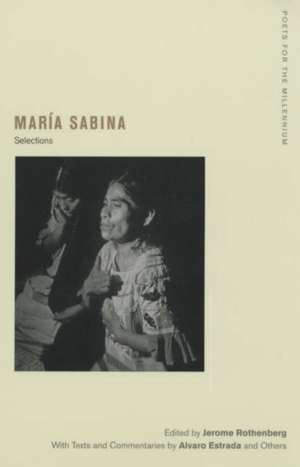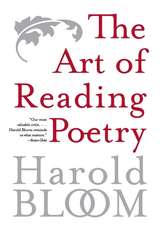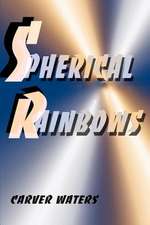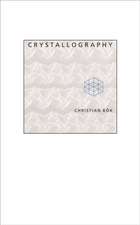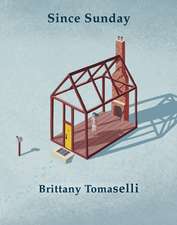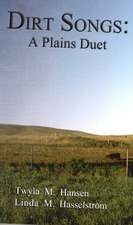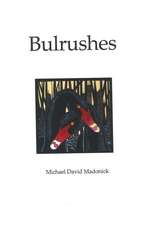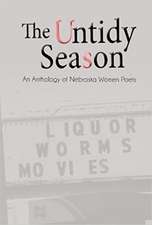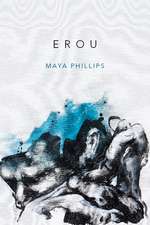María Sabina – Selections: Poets for the Millennium
Autor Maria Sabinaen Limba Engleză Paperback – 18 sep 2003
These selections include a generous presentation from Sabina's recorded chants and a complete English translation of her oral autobiography, her vida, as written and arranged in her native language by her fellow Mazatec Alvaro Estrada. Accompanying essays and poems include an introduction to "The Life of Mar a Sabina" by Estrada, an early description of a nighttime "mushroom velada" by the ethnomycologist R. Gordon Wasson, an essay by Henry Munn relating the language of Sabina's chants to those of other Mazatec shamans, and more.
Preț: 196.69 lei
Nou
37.64€ • 39.15$ • 31.08£
Carte în stoc
Livrare din stoc 05 martie
Specificații
ISBN-10: 0520239539
Pagini: 224
Dimensiuni: 139 x 208 x 14 mm
Greutate: 0.25 kg
Ediția:1
Editura: University of California Press
Seria Poets for the Millennium
Locul publicării:Berkeley, CA, United States
Descriere
A shaman and visionary-not a poet in any ordinary sense-Mar a Sabina lived out her life in the Oaxacan mountain village of Huautla de Jim nez, and yet her words, always sung or spoken, have carried far and wide, a principal instance and a powerful reminder of how poetry can arise in a context far removed from literature as such. Seeking cures through language-with the help of Psilocybe mushrooms, said to be the source of language itself-she was, as Henry Munn describes her, "a genius who] emerges from the soil of the communal, religious-therapeutic folk poetry of a native Mexican campesino people." She may also have been, in the words of the Mexican poet Homero Aridjis, "the greatest visionary poet in twentieth-century Latin America."
These selections include a generous presentation from Sabina's recorded chants and a complete English translation of her oral autobiography, her vida, as written and arranged in her native language by her fellow Mazatec Alvaro Estrada. Accompanying essays and poems include an introduction to "The Life of Mar a Sabina" by Estrada, an early description of a nighttime "mushroom velada" by the ethnomycologist R. Gordon Wasson, an essay by Henry Munn relating the language of Sabina's chants to those of other Mazatec shamans, and more.
